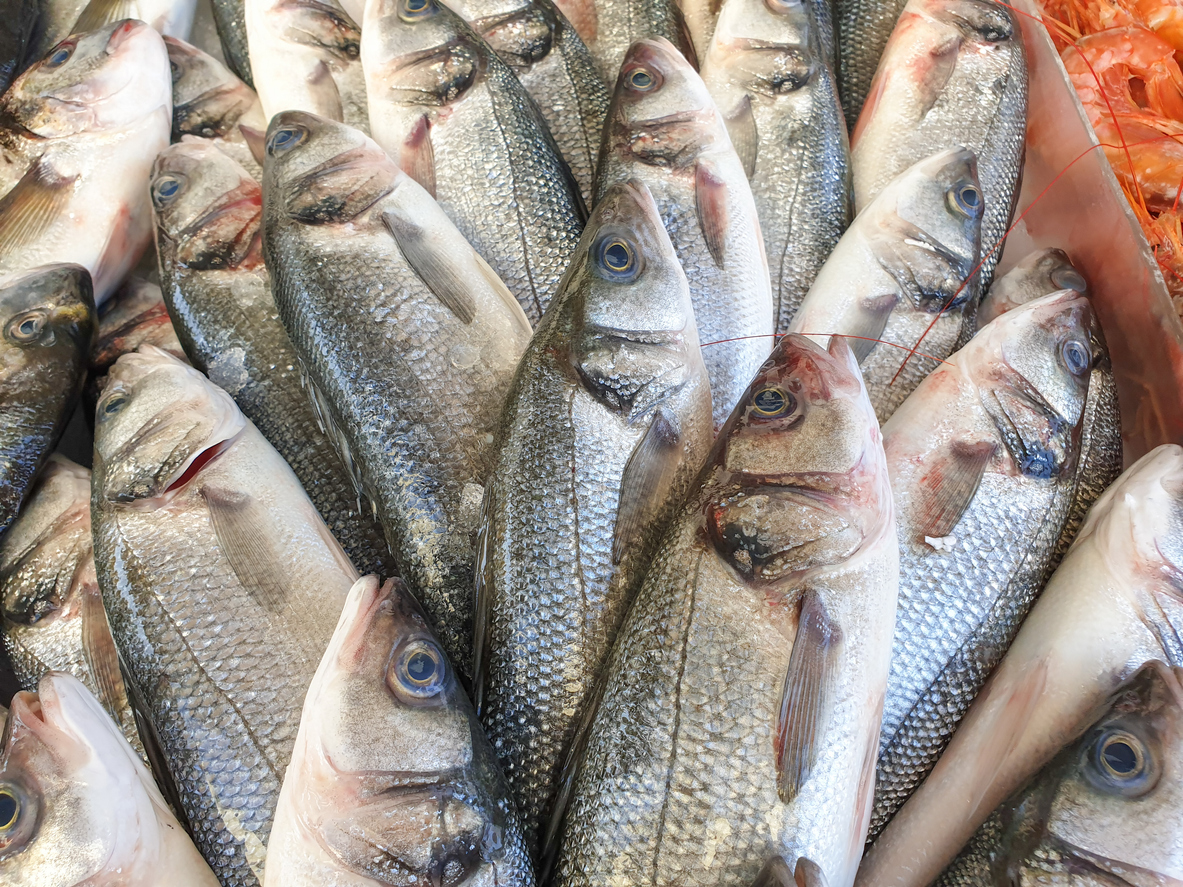While the Lachman Blog usually focuses on issues in drugs, devices, and biologics (the areas we consult in), we are swimmingly happy to take a walk (or dive) on the wild side to address a fishy problem that caught our attention. The FDA noted in a Federal Register Notice today (here) that contained this particular passage “[W]e are announcing the availability of a guidance for FDA staff entitled ‘Compliance Policy Guide Sec. 540.750 Use of The Seafood List to Determine Acceptable Seafood Names.’” The CPG updates the previously issued CPG Sec. 540-750–Common or Usual Names for Seafood in Interstate Commerce. While this is a final version of the Compliance Policy Guide (CPG) issued in November of 2016, the FR notice indicates that FDA received no comments on the draft version but made some editorial changes to the CPG, and added a number of “vernacular names” to the list which represent names that are not appropriate to use in interstate commerce. As a fish eater and a regulatory professional, I was intrigued.
The final Guidance (here) represents an updated version of the 1988 Fish List and as discussed in the Guidance, “[A]lthough The Fish List had significant success in achieving its goal, its usefulness was limited because it did not include invertebrate species. In 1993, The Fish List was revised to include the acceptable market names for domestic and imported invertebrate species sold in interstate commerce and renamed The Seafood List. The Seafood List provides information to assist manufacturers in properly labeling seafood and to reflect the acceptable market names of new species introduced into the U.S. marketplace.” The final July 2020 version has a multitude of fish names and will help consumers (as well as distributors) of fish to properly identify species of fish by recognizable and acceptable names.
The list, as noted above, includes vernacular names which should not be used in interstate commerce. While this may sound confusing, that is, what not to call a fish, it may be helpful for recognizing names referring to a species that some people may be familiar with. The “Seafood List” is searchable by name. So, if you are looking to buy sea bass, you may see Argentine sea bass (which is fine), but if you see Bank sea bass (which is also fine), you should not see Gulf seabass or Tallywag, which are the vernacular names. So, the old adage “Fish is Fish” takes on an entirely new meaning if you want to know exactly what you are purchasing at the fish monger.



